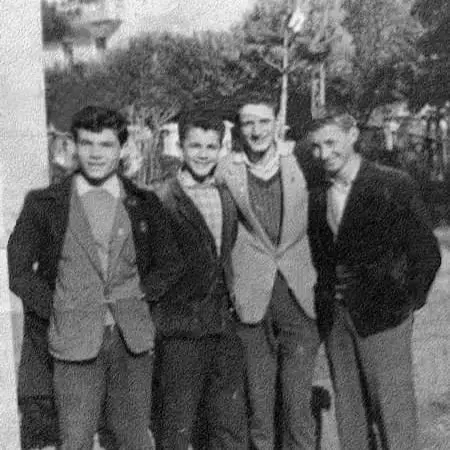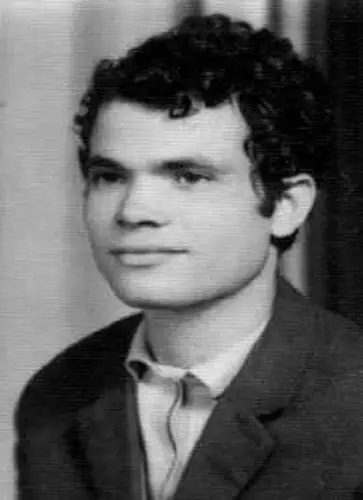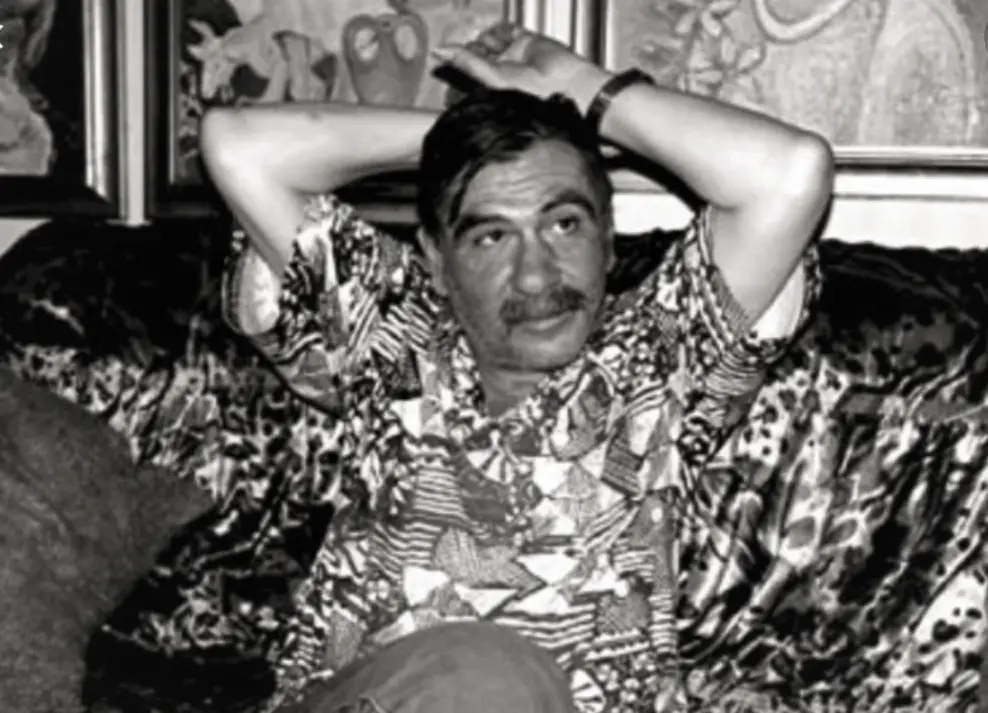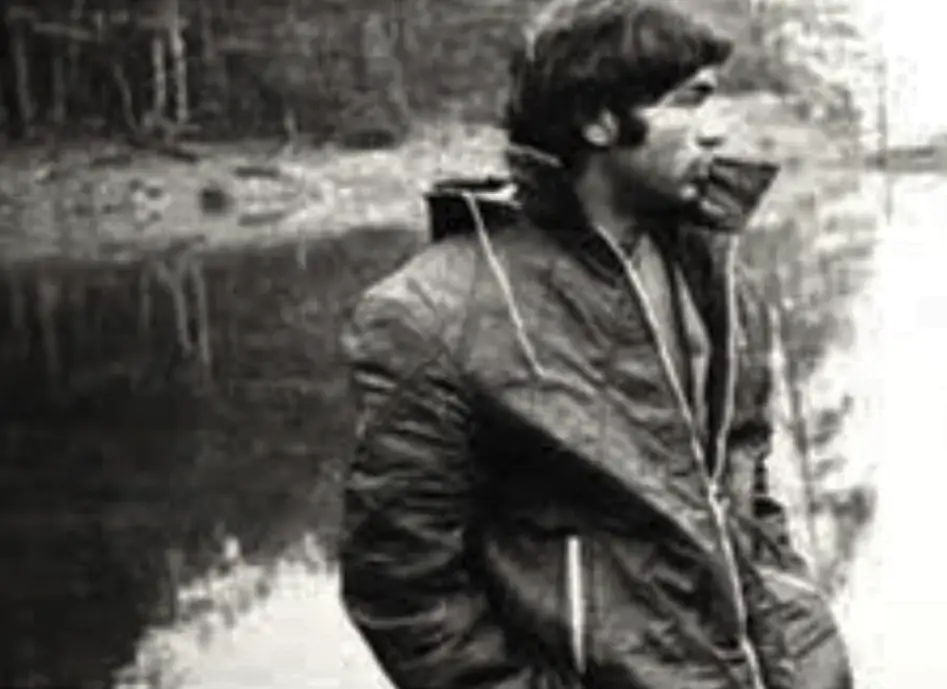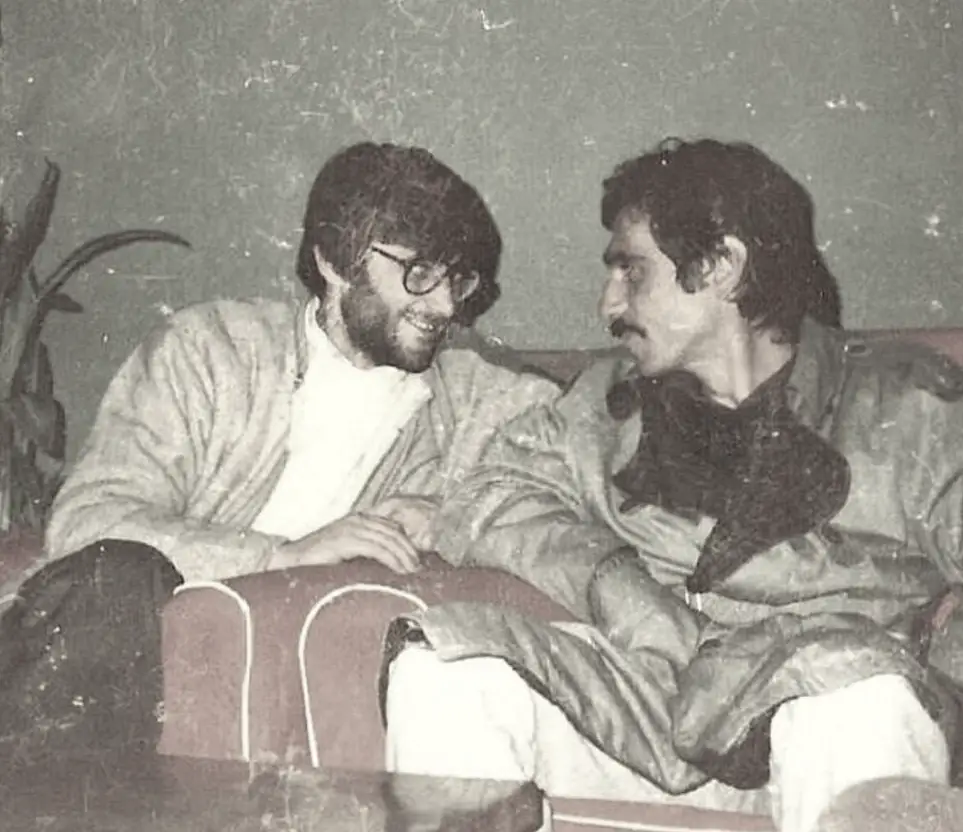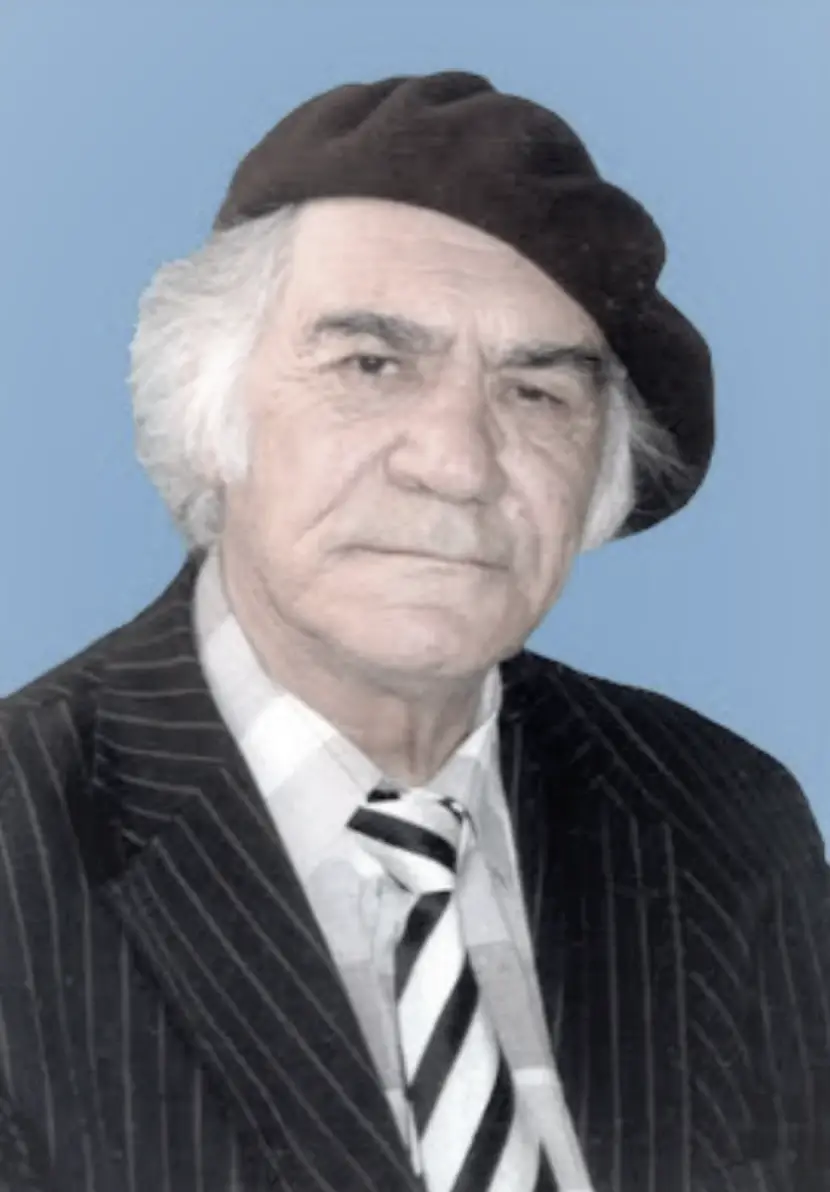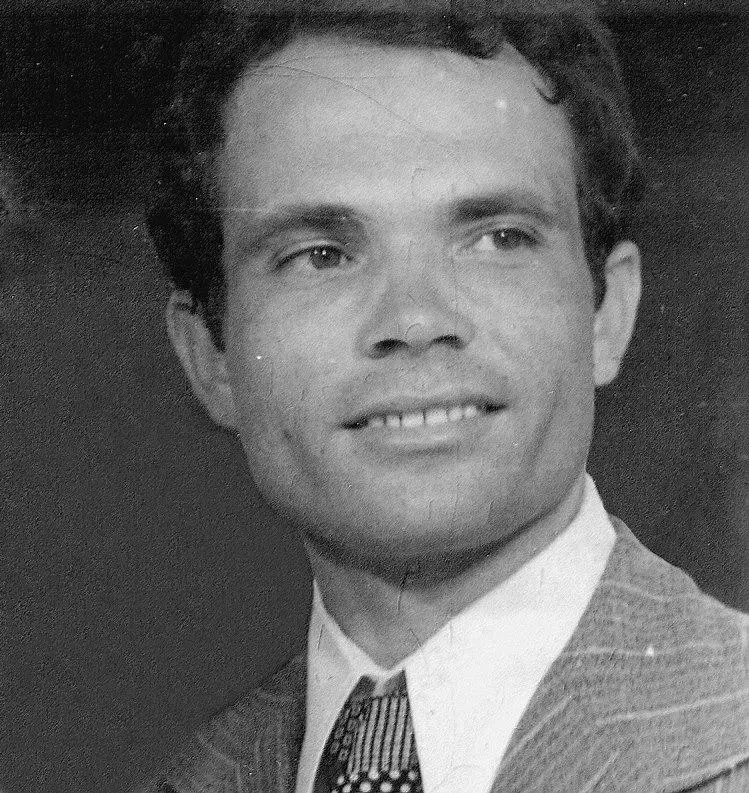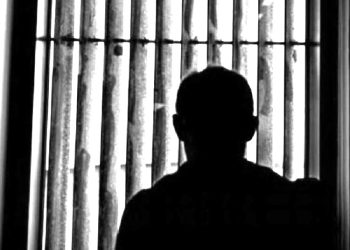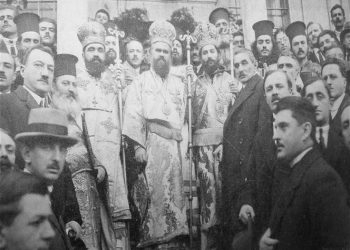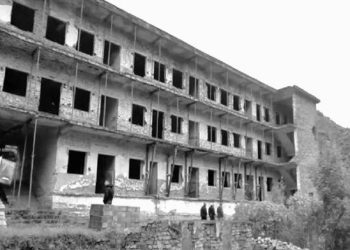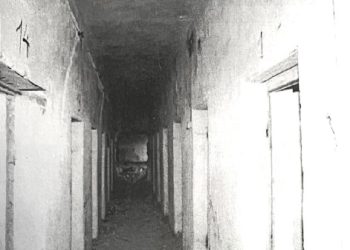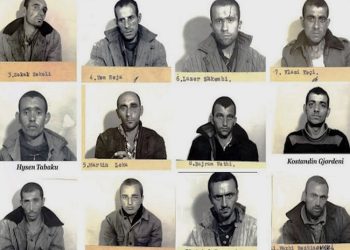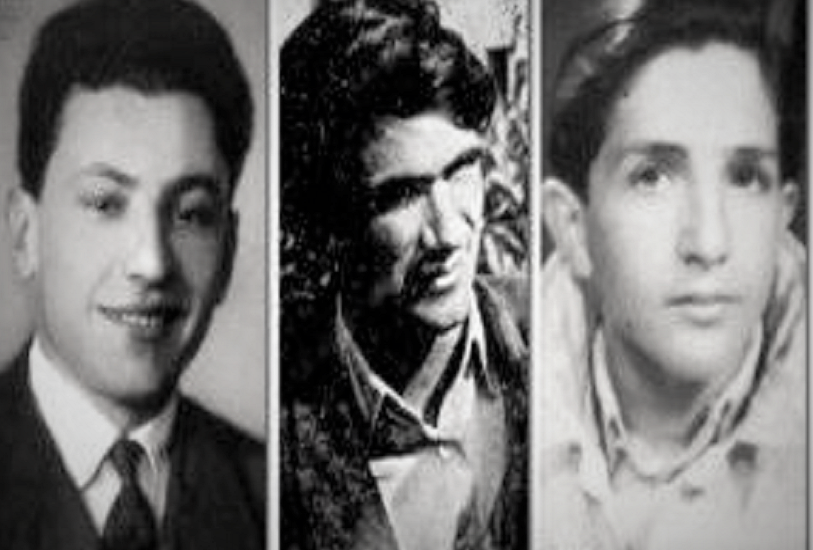By Vasil Qesari
Part eleven
Memorie.al/ The overthrow of the great totalitarian edifice in Albania would leave behind, not only the change of the system, accompanied by lots of hopes, mirages and cries of happiness but, unfortunately, also many wounds, dramas, victims, dust, milk and disappointments from the most different. Ten years and more after that event, which deeply shook society, completely overturning many previous codes, rules and concepts, people still continue to ask themselves such questions as: What really happened in society Albanian, during the last 50 years of the dictatorship? How was it possible that the system managed to warp everything? Why did people accept it? What was the totalitarian logic of the transformation of society and the individual? How were the structures of totalitarian mechanisms conceived and functioning: propaganda, secret police and the exercise of the ideology of terror? How did it happen that among all the communist countries of Eastern Europe, Albania was considered an exception or a special case? Why did Enver Hoxha remain blindly, fanatically loyal to Stalin until the end, turning the country into a prison where violence, fear and purges continued until the end of the 80s? Why was the country so insanely isolated, locking people up between bunkers and barbed wire? Why, then, did all the above phenomena happen…?! The book “Post-scriptum for Dictatorship” does not claim to provide definitive answers to the above questions, or the complexity of the reasons that brought and maintained the totalitarian power in Albania. Nor is it a complete, deep and comprehensive fresco of the life and suffering that people experienced during that system. Its author, perhaps, has the merit that together with the retrospective view of the totalitarian period as well as the zeal of a passionate analyst, he has tried to turn his head back once again, to give not only his personal memories and opinions, but also to return once again to the vision of that era with the simple philosophy of preserving the Memory and supporting the Appeal to never forget the well-known maxim, that…the corpse’s nails and hair continue to grow even after death! Ten years or more after the great revolution, the book in question has current value and we hope it will be appreciated by the reader because, as an Albanian researcher also says… the greatest evil that can happen to a people comes when he fails to analyze his own past. An amnesic people are forced to be constantly neuropathic and repeat their painful experiences…!
Continues from last issue
Spring comes, but I didn’t believe it…!
… The collective of Vlonia journalists held the sessions of the speech works published in a booklet with the note ‘Top secret’ in the book binding department, in the printing house “Pirro P.”. Communists from the printing press, correspondents of the central press and editors of the local newspaper took part in them. In the midst of an almost deathly atmosphere, the secretary of the organization read parts of this speech, and then insisted that each of us not only give opinions on each of his paragraphs, but also analyze himself and his family circle, in order to found and denounced foreign shows.
We all had to discuss in turn, without exception, regardless of whether they had “cabbage on their heads” or not.
I had my eyes down on a white sheet and drew arabesques. I was waiting for my turn to analyze myself in front of the team. To confess my sins. Like a funeral message, I heard the voice of the Party secretary, who, in a solemn tone, read: “Music, radio, jazz, literature, dances, drugs, prostitution are the greatest danger to our youth. We will never allow it to become like the youth of degenerate capitalist and revisionist countries. To sleep in the streets or parks, boys and girls together, wear long hair like women, hang crosses around their necks, go to pornographic churches and clubs, and have cars or personal planes”.
Then the discussions started…! A typist suggested that since journalists were part of the intellectual class, they were even more predisposed to carry bourgeois-revisionist influences. Therefore, they had to be the first to give an account, even to one. The atmosphere became even more gloomy and suffocating. With my head down, I listened hauntedly to the voice of the editor-in-chief of the local newspaper, who emphasized that: ‘among us there are colleagues who follow foreign fashion by wearing long hair’. It seemed clear that there was an allusion to me and Madu, (that’s what my friend Jamarbër Marko was called for short, who, after finishing his studies at the Faculty of Journalism in Tirana, was doing a one-year internship at the Vlora newspaper).
I glanced at Madu. He looked haunted out of the window. I continued drawing the arabesques, thinking: How…? How do you say Enver Hoxha? Shouldn’t we have long hair? What about him… why should he keep them?. In front of me, on the wall, hung a large portrait of Karl Marx. With long hair and a beard like a goatee. Strange…! Why was he, the founder of the spiritual father of communism, allowed to wear foreign appearances, i.e. beard and long hair?! Why, then, he, the Great One, did not dare to hide that too…?! Meanwhile, the Party Committee in the district spent hectic days of work. In the political sector of Education, which was also the headquarters of the war against foreign shows, work was done at Stakanovist pace and the office lights were turned off late at night. Reports, communiqués, information notices and anonymous letters received from the base by the militants were read, processed and classified there.
There, joint work plans were coordinated with the organizations of the party, the democratic front and the State Security. There, lists of dubious intellectuals were drawn up, who would be publicly exposed at collective meetings, and then, of course, they would also receive the deserved punishment. Of those who would be called for counseling in the offices of the secretaries of the Party Committee, not to mention the unlucky ones, whose names would be forwarded to the State Security…!
The instructor of the political sector, Janaq Syko, a very short man with a pitch-black heart, was experiencing his happiest times. Small in body and soul. Servile with superiors and violent with subordinates. Free-thinking sadist and terrorist. A vengeful tyrant against true intellectuals and anti-conformists, he lived his most tiring, but at the same time, most dreamy days of his career. Finally, fortunately, the favorable and long-awaited opportunity had come to him, to strike savagely and mercilessly, whoever he had been targeting for a long time. His victims would be many. Among them, the painter Skender Kamberi. who, in the last exhibitions, had presented some paintings that were considered ideologically wrong.
The young poet Dionist Qirixidhi, in a poem published in Drita, had compared himself to a sea fig. An actor, who had staged the drama of a foreign author. Journalist P.E., who dressed according to fashion, wore a favorite and long hair. Composer T.T., who occasionally received packages from his cousins from France. The engineer M.F., who maintained frequent correspondence and exchanged postage stamps, with a philatelist from Austria. Educator S.L., who secretly learned foreign languages. doctor
H.S., who wore short skirts and painted her eyelashes with mascara…,!
Many of them, afflicted by the virus of foreign bourgeois-revisionist influences, were fired and taken to the countryside for re-education. Others were transferred to deep areas or circulated for re-education in the heart of the working class where they were subjected to the observation and control of party organizations. But, they had a truly tragic fate, which were reported to Security, arrested and then ended up in prison with heavy sentences. After that, fear and uncertainty, panic and doubt, overwhelmed everyone. People were in a hurry to get rid of anything that could be called special and that, therefore, could be called a foreign show.
In the city’s barbershops, the queues to cut excess hair became longer and longer. New brides removed their ornaments, pendants, bracelets and rings. The girls took out the long dresses from the wardrobes to replace the short skirts. Women were careful and avoided going to work with lipstick on. Proletarian simplicity in clothing and appearance was declared the greatest revolutionary virtue of the young man…! Against that anxious situation, as if to challenge the persecutors of liberalism, two people dared to still wear long hair, favorites and fashionable clothes. One was called L.A., and he was the son of a famous retired former professor, while the other was Tol the Frenchman. In the city, it was said that L.A. suffered from schizophrenia and from time to time, was hospitalized for treatment in the Psychiatric Hospital, or in the “madhouse”, as the people of Vlonia called it. Aged, there about eighty, thin and tall, pale face of an ascetic, sad and haunted look, L.A., was perhaps the only person in the city who didn’t even want to know about Enver’s speech, the 4th plenum and the threats of Security operatives.
That prominent personage attracted the attention of the whole world, as he casually strolled through Vlorë-Skelë Boulevard. With his colorful jackets, narrow waists and wide collars alla-Elvis Presley. With his funnel-shaped pants, shoulder-length hair and spiked bob, he resembled the extravagant singer-songwriters who sang on Italian television concerts. (I don’t know why, I had the impression that that mystical boy with his appearance and forbidden clothes was seen not only with contempt but also with some envy, especially by some high school students, who would agree to be called even played by the mind, simply by the desire to wear his waistcoats for once or, to keep his long beat hair over his shoulders…)
The other original character to follow fashion was Toli T, known to all by the nickname, Tol the French. The story of his life is very vague. He appeared on the streets of Vlora, there from the 60s, becoming the central topic of conversation and deserving for a long time, especially among young people, the title of Man of the Day. Arriving under mysterious circumstances, directly from Paris, Ville Lumiere of France, Toli suddenly found himself among the narrow alleys and gloomy cafes of the provincial coastal city. With chiseled features and a brooding look like that of the movie actor Alain Delon, a Borsalino hat, a black body suit, leather gloves and shiny shoes, he spent his days smoking Gauloise cigarettes, sitting on the benches of the city’s flower garden, next to the grave of the marbles of Ismail Qemali.
But soon, when the money he had brought from France ran out, Toli was left without a mattress and sold his shirts, jackets, pants and shiny shoes one after the other. After that, he started dressing in Albanian clothes, which completely lost the charm of the man who had come from abroad. The later life story of French Tol was very painful. Abandoned despised, hungry and saw the minimal sense of adaptation to the socialist society, he degraded and lived on alms. Without a home, without shelter and support, he slept wherever the night took him. In barracks, shacks and abandoned houses until, finally, he found rest and settled in the bunkers of the Old Beach. Meanwhile, even though since the first time he came to Vlora, he was constantly under the surveillance of the State Security, later he was released, with the motivation “psychopath and mentally challenged…”!
THE ‘BLUE EYE’ OF THE PARTY
… When I remember the Tirana of my student years, among other things, that peaceful and green street appears before my eyes, which started from the “Jordan Misja” Artistic High School and continued to the “Dëshmorët e Kombit” Boulevard. . With quiet and clean villas, with a row of tall trees, whose crowns joined to form a green tunnel, it was frequented especially in the evenings by young couples, high school students and students in love. The road, the houses, the curbs, the iron railings, the sidewalks and the asphalt became even more attractive, especially in autumn. Then when, over everything, the copper color of the yellowed leaves prevailed, which fell without rest, light-light, covering everything around…!
It was really a beautiful and very special street, similar to another one in Tirana named “Marsel Kashen” to which Ismail Kadare dedicated an inspired poem. Often times, when I left the Faculty of Philology, I had the pleasure of going to the city center, not as usual from “Rruga e Elbasani”, but passing through it, next to the Artistic Lyceum. I did this for the sole reason, because, every time I walked on the sidewalks, in addition to a strange poetic feeling, I felt something else indefinable inside me. Something that made me thinks that that road was completely different from the others. Not only, an unmolested part of Tirana before liberation, with the villas of the former ministers of the former Monarchy, but also a plot which would inspire other ideas and thoughts.
I say so, because the new and modern building of Radio-Tirana was also located at the end of that street. And, a little further, adjacent to it, that of the future Albanian Television, which was in the process of completion. I say of the future Television, because it had not yet started work, while people were very curious and impatient to know how, when and how they would start their first broadcasts. (Those were the years when the magical word television had just started to become popular and quite seductive, especially among young people and students. They were rightly amazed and called it a marked event, the rare and coveted occasion when it happened that, in someone’s home, they saw a television image for the first time in their life).
Meanwhile, in order to obtain the first technical-professional skills as well as to prepare for the opening of the new television, from the end of 1968, a group of technicians and creators started with the first experimental broadcasts. Of course, since the beginning of the rehearsals, word had gotten out that in Tirana, two or three hours of television programs were broadcast two or three times a week. But those who could follow them were very few. In the capital, television receivers were so rare that the antennas on the roof were counted on the fingers and looked at with curiosity, like the latest invention of science. Because that privilege was enjoyed only by the high leadership, ambassadors, ministers, diplomats as well as the few officials who had contact with the outside world…!
One day in December, Andon D., a final year student in Language-Literature who was doing an internship at Radio-Tirana, made me an invitation which, to be honest, shook me deeply with emotion.
“Do you want to come to the experimental television studio tonight? We will record a show for the new film dedicated to the hero Adem Reka. We have invited some workers from the porcelain factory, literary creators, filmmakers… but we also need two or three students how do you say Will you come…”? – He proposed to me delicately. Of course I would go, even with great pleasure! There was no question of saying no. On the contrary. To have the chance to participate in a TV show, it was truly a miracle…! That same day, as we left, I showed up at the appointed place and time. The experimental television studio was located in the Radio-Tirana building, to the right of the entrance of the first floor, next to the buffet which served reporters, journalists, technicians, all personnel in general. Andoni was waiting for me in the lobby. I registered my name with the police officer, handed over my passport and then we entered the studio. I don’t know why, but when I entered it, I felt like I was in a radiology cabinet.
Small, dark, with thick cherry-colored curtains, cables lying here and there on the floor and some large gray wooden pods, its appearance at first surprised me and then completely disappointed me. I thought I was prepared to see something completely different. Of course, not the large and bright studios of Italian television, which I had the good fortune to see several times, at the house of Luljeta K., a classmate, daughter of the ambassador. But, at least, something more modern, more beautiful and more impressive than the view I had before my eyes. Anyway. The guests had arrived and the recording of the show was about to start. The projectors hanging from the low ceiling were turned on. The two single cameras were moved and positioned in the right places. The last orders were given by the director and then Andon D., who was running the show, started with questions about the content, characters and impressions about the film. This, then, was my first contact with the world of television. Contact, happened exactly in that small hall, which would also be the first studio of Albanian television…?
For those people who knew even a little about what it means to set up a television (the cost of the equipment, the realization of the programs, the professional preparation, the expenses, the lack of many other problems), it was something completely unbelievable. It was the same as if it were decided to build a subway in Tirana. Indeed, around the country, Italy, Yugoslavia and Greece had set up television stations for years, but they were rich countries with a developed economy. While Albania kept its breath with China’s aid and loans. Then, how would it be possible to set up and maintain a television in our country…?!
Apparently, the Party, after many hesitations, had decided that Albanian Television should be created. (Megalomania and the realization of gigantic initiatives, beyond the real possibilities of a people, are among the main features of totalitarian ideologies). According to some voices, the decision was taken in a special meeting of the Political Bureau, based on a study done by the government. Meanwhile, for its financing, the appropriate guarantees had been obtained from talks with a Chinese government delegation. (The Chinese side, which at that time saw Albania as a springboard for its propaganda in Europe, had assured that it would take over the full financing as well as the provision of the necessary equipment and apparatus). However, a television, with all the loans and financing of the purchase of technical equipment abroad, was a staggering investment. Too expensive and premature for the backward Albania. For a poor people who couldn’t even make ends meet. It had the highest infant mortality rate in Europe and struggled to meet the most basic needs of minimum living.
However, the decision to raise the television, regardless of the extremely high cost, was considered by the leadership as a necessity of the time. As a modern and efficient tool for the further intensification of the Party’s propaganda. He, it was said, would complete the work of thousands and thousands of instructors, lecturers, delegates, meetings, conferences, instructions and circulars that were distributed every day all over the country with amazing efficiency. He would be a powerful magical tool, whose figure and words would carry the messages of the Party to every home, hearth and corner of the Albanian society. And, above all, deep in the brain cells of each individual. Television, therefore, would be a very efficient weapon. Directed and strictly controlled by the Party, he would, in a systematic and studied manner, work towards the achievement of the final goal:
Creating an absurd society, hypnotizing an entire people. His return to an amorphous crowd of docile sleepwalkers. But, the impetus for such a decision was made for another reason. Within a few years, in Albania, the presence of foreign television waves has become a dangerous reality. Memorie.al
The next issue follows




